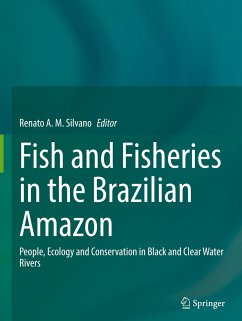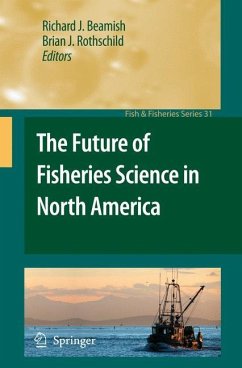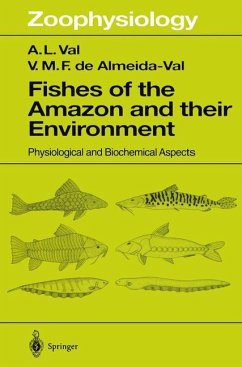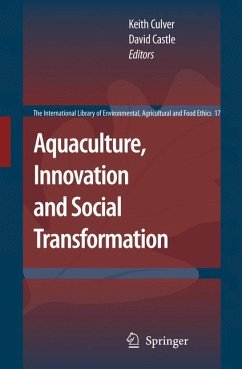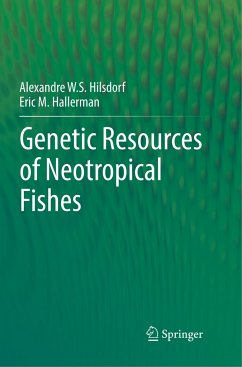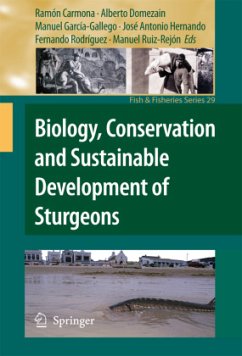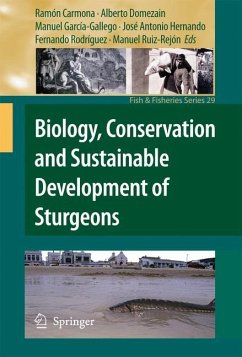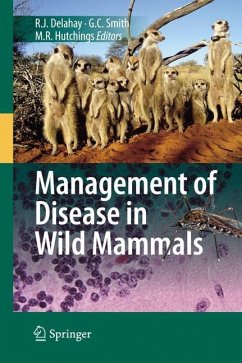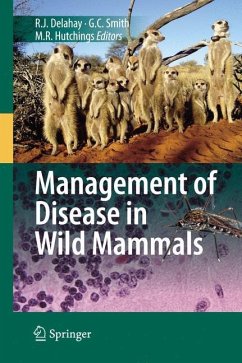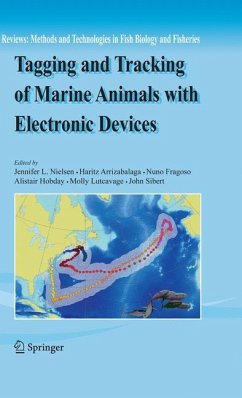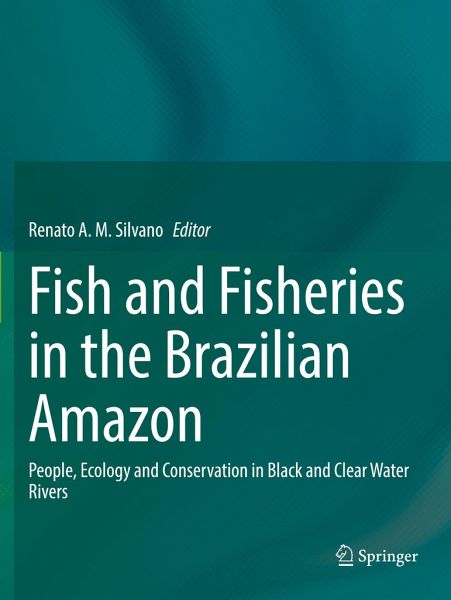
Fish and Fisheries in the Brazilian Amazon
People, Ecology and Conservation in Black and Clear Water Rivers
Herausgegeben: Silvano, Renato A.M.
Versandkostenfrei!
Versandfertig in 6-10 Tagen
174,99 €
inkl. MwSt.

PAYBACK Punkte
87 °P sammeln!
This book provides comparative data on fish ecology and small-scale fisheries between Tapajos (clear water) and Negro (black water) rivers, in the Brazilian Amazon. These rivers are less studied than white water rivers and few books on Amazon fishes have addressed more than one river basin. These data can serve as a baseline to check future changes or impacts in these rivers, which can be affected by development projects, such as highways, deforestation, mining and dams. Besides information on fish biology, the book also discusses fish uses, fisheries and its importance for riverine people, co...
This book provides comparative data on fish ecology and small-scale fisheries between Tapajos (clear water) and Negro (black water) rivers, in the Brazilian Amazon. These rivers are less studied than white water rivers and few books on Amazon fishes have addressed more than one river basin. These data can serve as a baseline to check future changes or impacts in these rivers, which can be affected by development projects, such as highways, deforestation, mining and dams. Besides information on fish biology, the book also discusses fish uses, fisheries and its importance for riverine people, comparing these data for each fish species between sites located inside and outside conservation units. The book is an outcome of the research project 'Linking sustainability of small-scale fisheries, fishers' knowledge, conservation and co-management of biodiversity in large rivers of the Brazilian Amazon', which was coordinated by the editor of this volume andfunded by United States Agency for International Development (USAID) and National Academies of Science, Engineering and Medicine (NAS).



